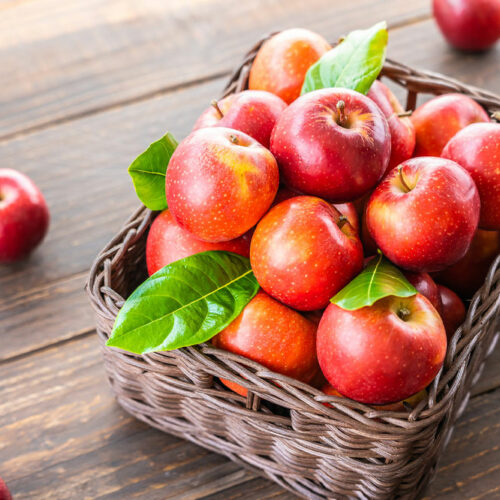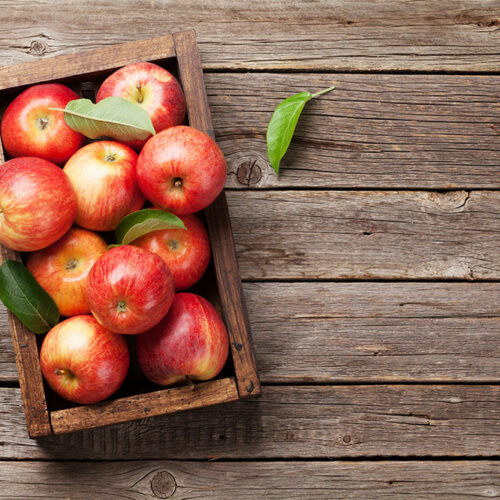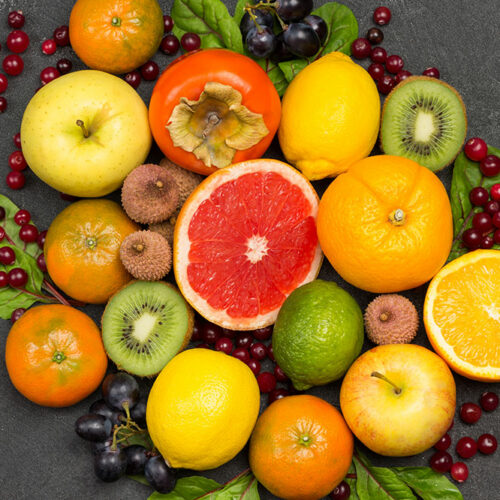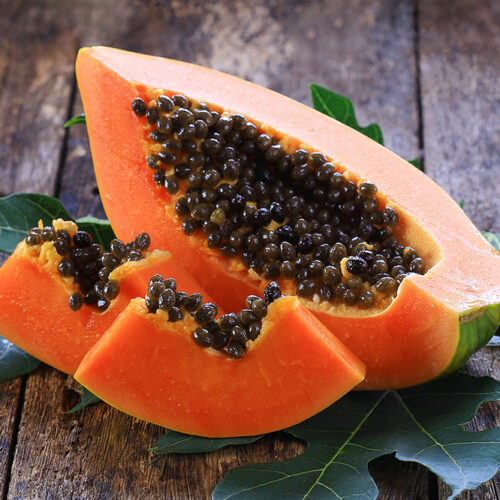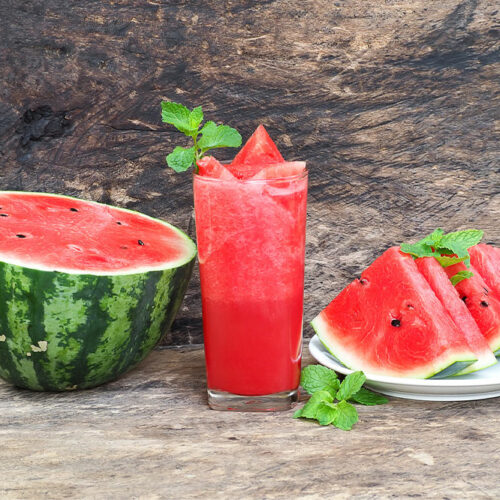
Foods that can help manage multiple sclerosis
Multiple sclerosis (MS) is an autoimmune disease. It occurs as a result of the shortcomings of the central nervous system. The immune system eats at the protective sheath (myelin) that cushions the nerve fibers in the body, which may result in symptoms like vision loss, communication problems, and lack of coordination between the brain and the rest of the body. In this article, we discuss the foods that may help manage the symptoms of MS. Fruits and vegetables These foods are rich in antioxidants and fiber that help combat the free radicals, the key reason for the onset of any disease. Besides, fruits and vegetables help promote the function of the immune system. For example, some fruits and vegetables high in fiber include berries, apples, beet greens, nuts, lentils, legumes, broccoli, artichokes, and boiled peas. Eggs, mushrooms, salmon, herrings Foods rich in vitamin D help strengthen the immune system, making it more efficient. An efficient immune system helps multiple sclerosis patients to fight against the unhealthy cells pretending to be the healthy ones. Many online sources suggest the intake of foods rich in vitamin D, as multiple sclerosis patients are often associated with a lack of vitamin D. Foods rich in vitamin D bring down the frequency of the flare-ups and subside the intense symptoms, making them manageable for the patient. Kimchi, kefir, yogurt, sauerkraut These fermented foods bring about a balance of good and bad bacteria in the gut, which promote healthy gut function. The right balance of bacteria in the gut helps induce a regular bowel movement, essential for MS patients, as they frequently go through irregular bladder and bowel movements. Besides these fermented foods, foods high in fiber help induce a bowel movement, adding bulk to the stool. Walnuts, flax seeds, sardines, trout, mackerel Foods high in omega-3 fatty acids help fight against inflammation, which can help relieve the symptoms of MS.
Read More 